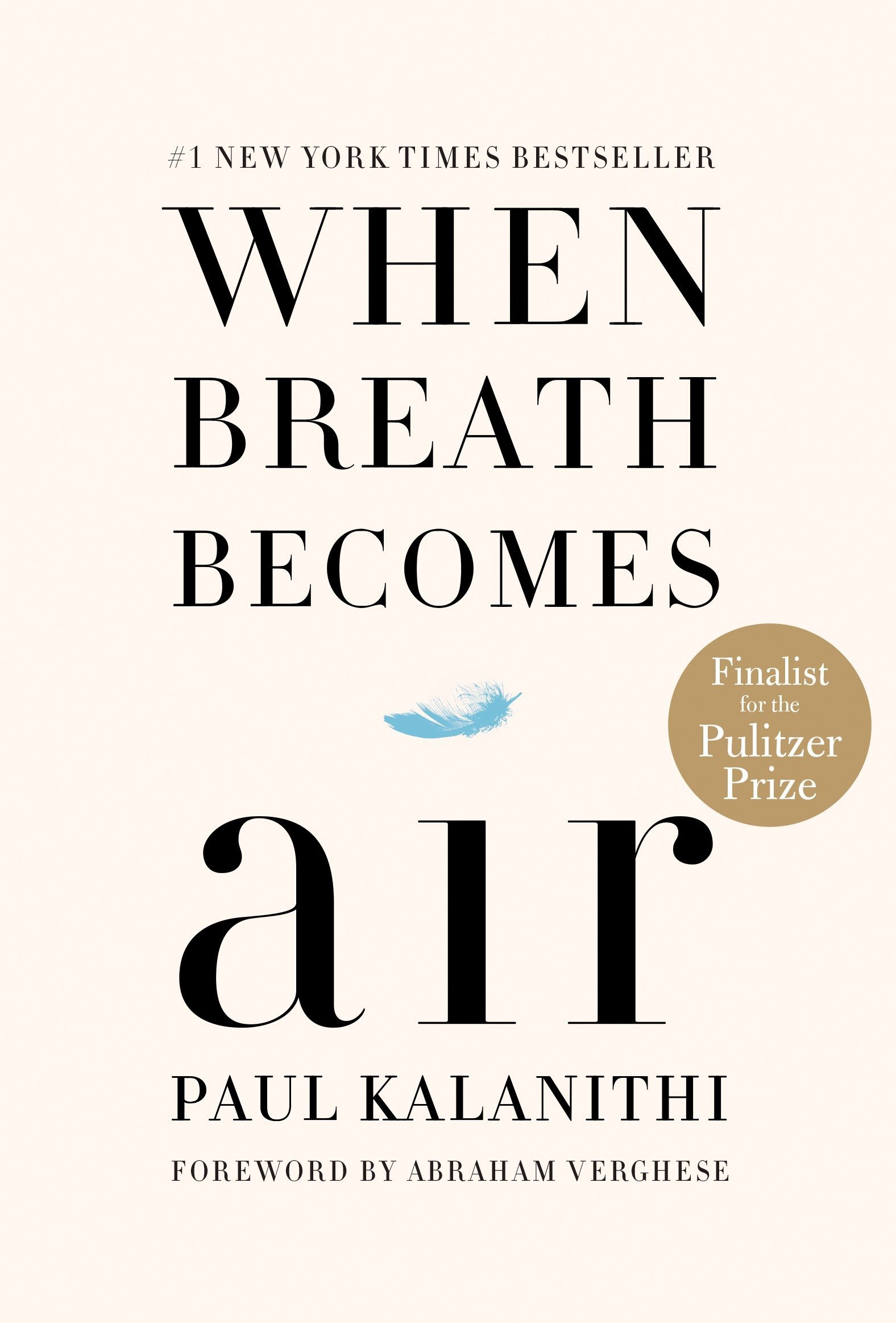My thoughts: It is very interesting to read about the different types of theories on justice, especially as we enter into debates about social justice, what the government can and cannot do, and how certain actions should be punished. Ultimately, it seems like no single theory can cover everything - different ideas fit in different situations, because the world is too complex for one simple theory of justice.
There are several theories of justice: utilitarianism, libertarianism, and ideas from various scholars including Aristotle, Kant, and Rawls - all of whom have differing ideas on what is just. In reality, all of them have flaws and cannot apply to every scenario, but the justifications are interesting.
Utilitarianism puts the utility of the most amount of people first - that is, the majority of society must benefit, even if some individuals are disadvantaged. Of course, this raises the question of what rights individuals have, which is what libertarianism stands for.
Libertarianism guarantees rights to all individuals. This is essentially what liberalists are trying to do - use government power to make sure everyone has equal access.
Aristotle takes a slightly different approach. He believed that everything should be distributed fairly, and no one should have more than anyone else. But that would mean that certain people with lots of wealth would have to have their money taken away for redistribution. This doesn't seem very fair to these people, who probably got that wealth through hard work.
Kant's idea had three components to it. Justice is only about external actions which one takes to influence others. Second, justice isn't about what people want - rather, there is a set just action, regardless of what people want. Third, the content of a transaction doesn't matter - it need only be voluntary. The biggest issue here is that if an action is voluntary, but the seller or another actor knows that the person is being scammed, is that just?
Finally, Rawls claims that in a just society, everyone has as much freedom as possible without infringing on the rights of others, and inequality is only allowed if someone in a lower position is not disadvantaged.
In medieval times, philosophers and theologians believed that the exchange of
goods should be governed by a “just price,” determined by tradition or the
intrinsic value of things. But in market societies, the economists observed,
prices are set by supply and demand. There is no such thing as a “just price.”
There is nothing unjust about these prices, Sowell explained; they simply
reflect the value that buyers and sellers choose to place on the things they
exchange.
Should the state prohibit price gouging, even if doing so interferes with the
freedom of buyers and sellers to make whatever deals they choose?
The standard case for unfettered markets rests on two claims—one about
welfare, the other about freedom.
How do defenders of price gouging laws respond? First, they argue that the
welfare of society as whole is not really served by the exorbitant prices
charged in hard times...Second, defenders of price-gouging laws maintain that,
under certain conditions, the free market is not truly free.
Aristotle maintains that we can’t figure out what a just constitution is
without first reflecting on the most desirable way of life. For him, law can’t
be neutral on questions of the good life. By contrast, modern political
philosophers—from Immanuel Kant in the eighteenth century to John Rawls in the
twentieth century—argue that the principles of justice that define our rights
should not rest on any particular conception of virtue, or of the best way to
live. Instead, a just society respects each person’s freedom to choose his or
her own conception of the good life.
At the heart of the disagreement are rival conceptions of moral character
and military valor. Those who insist that only bleeding wounds should count
believe that post-traumatic stress reflects a weakness of character unworthy
of honor. Those who believe that psychological wounds should qualify argue
that veterans suffering long-term trauma and severe depression have sacrificed
for their country as surely, and as honorably, as those who’ve lost a limb.
One obvious difference is that bailout bonuses come from the taxpayer while
the bonuses paid in good times come from company earnings. If the outrage is
based on the conviction that the bonuses are undeserved, however, the source
of the payment is not morally decisive. But it does provide a clue: the reason
the bonuses are coming from the taxpayer is that the companies have failed.
This takes us to the heart of the complaint. The American public’s real
objection to the bonuses—and the bailout—is not that they reward greed but
that they reward failure.
we’ve identified three ways of approaching the distribution of goods: welfare,
freedom, and virtue. Each of these ideals suggests a different way of thinking
about justice.
The answer is that moral reflection is not a solitary pursuit but a public
endeavor. It requires an interlocutor—a friend, a neighbor, a comrade, a
fellow citizen. Sometimes the interlocutor can be imagined rather than real,
as when we argue with ourselves.
Is morality a matter of counting lives and weighing costs and benefits, or are
certain moral duties and human rights so fundamental that they rise above such
calculations? And if certain rights are fundamental in this way—be they
natural, or sacred, or inalienable, or categorical—how can we identify them?
And what makes them fundamental?
Utilitarians see our tendency to recoil at placing a monetary value on human
life as an impulse we should overcome, a taboo that obstructs clear thinking
and rational social choice.
The class composition of today's volunteer army bears out this objection, at
least to some extent. Young people from low- to middle-income neighborhoods
are disproportionately represented in the ranks of active-duty army recruits.
The argument for upholding the surrogacy contract draws on the two theories of
justice we've considered so far - libertarianism and utilitarianism. The
libertarian case for contracts is that they reflect freedom of choice...The
utilitarian case for contracts is that they promote the general welfare...









